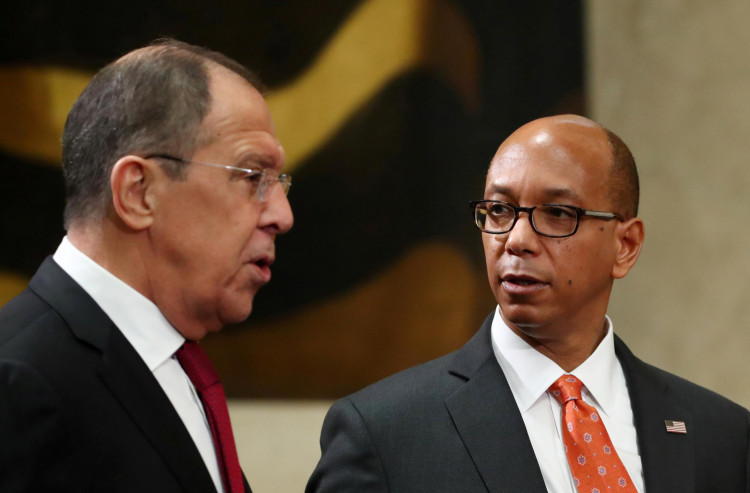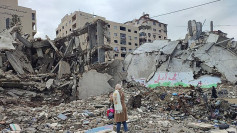Just when tensions seemed to have died down a bit between Iran and the US comes another that should merit US President Donald Trump's attention: A $3-million dollar bounty has just been placed on his head.
A lawmaker in Iran has offered $3 million as reward to anyone who can kill the American commander in chief. The lawmaker also said that if his country had nuclear weapons, nobody could just easily threaten them, Iranian news agency ISNA reported on Tuesday.
United States nuclear arms disarmament envoy Robert Wood dismissed the bounty as "ridiculous", telling members of the press in Switzerland it showed Tehran's "terrorist underpinnings."
Animosities have steadily deepened since Trump's administration withdrew from an Iran nuclear deal with world leaders in 2018, and reimplementation US sanctions. The standoff has resulted into military reprisals from both sides this month.
Ahmad Hamzeh said on behalf of the people of Kerman province, he would pay $3 million in cash as "reward to whoever kills Trump. Hamzeh announced the reward at the 290-seat parliament, ISNA reported. He did not say if the reward was officially supported by the Islamic Republic's ruling clerics.
Kerman, situated in the province at the southern part of Tehran, is the hometown of Qassem Soleimani, considered as the second most powerful man in Iran, whose death in a drone strike authorized by Trump on January 3 in an airport in Baghdad prompted Iran to launch missiles at US assets in Iraq.
Hamzeh said that if they had nuclear weapons today, "we would be protected from threats" and "put the production of long-range missiles with warheads on our agenda." The lawmaker emphasized, and quoted by ISNA as saying, that "this is our natural right."
Washington and its Western allies have long accused Tehran of developing nuclear weapons. Iran insists that it has never pursued nuclear weapons, saying its nuclear activity is intended for scientific research and electricity generation.
Overall, the 2015 nuclear deal was designed to raise the volume of time that Iran would require to get enough fissile material to make a nuclear missile. During this period, countries involved in the agreement believed Iran could create enough material in two to three months if it so desired.
Tehran has disclosed earlier that it was scrapping limits on its uranium enrichment program, potentially reducing its so-called "breakout phase" required to build a nuclear bomb. The country, based on a report by a United Nations nuclear monitoring group, suggested it is still far from accelerating and attaining its goal.






